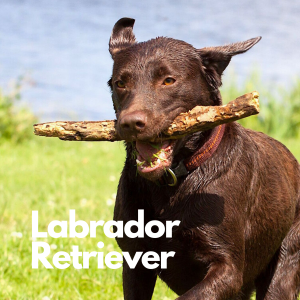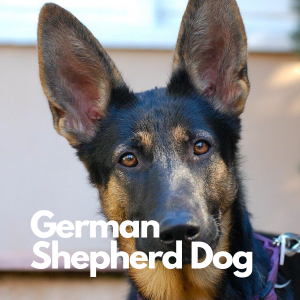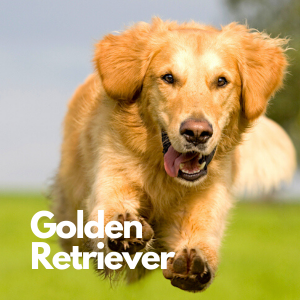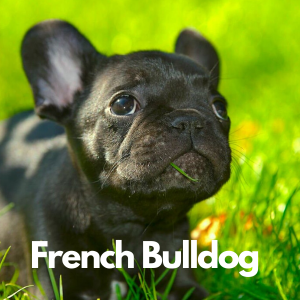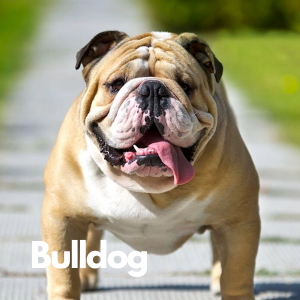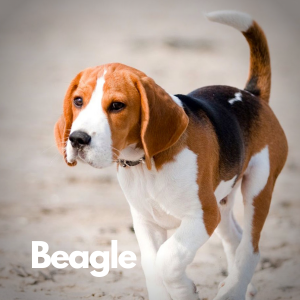This featured contribution was written by Krisca Te. You can find her engaged in dog training, actively participating in local dog show events. Photos (from top to bottom): Aranami, chadmiller, L’eau Bleue, JodiWilcome, easy mo drew, brad montgomery/Flickr
Best Dogs for Allergies: Can People with Allergies Own Dogs?
If you have asthma or other allergies, you may wonder if having a dog is feasible without compromising your health. A common misconception is that short-furred dogs are less likely to cause allergic reactions. However, it’s actually the dander in a dog’s skin, urine, and saliva that often triggers allergies.
- Allergies are typically triggered by dander, not fur length.
- Some breeds are considered hypoallergenic, producing fewer allergens.
- Research and personal experiences suggest certain breeds are better suited for those with allergies.
Fortunately, several hypoallergenic breeds produce less dander, making them ideal for people with asthma and allergies.
5 Best Dog Breeds for Allergies or People With Asthma

Yorkshire Terrier
Yorkshire Terriers, often called Yorkies, are a fantastic choice for people with asthma and allergies. These small dogs are known for their low shedding and hypoallergenic properties, making them one of the best dogs for allergies.
- Yorkies have hair instead of fur, which reduces allergen exposure.
- They are great for families with young children.
- You can choose to keep their hair short for easier grooming and less allergen spread.
Yorkies are a stylish, hypoallergenic breed, perfect for allergy sufferers.

Poodles
Poodles, particularly the miniature variety, are an excellent option for those living in small spaces and dealing with asthma or allergies. Known for their hypoallergenic qualities, Poodles grow hair instead of fur, significantly reducing the amount of dander and allergens in the home.
- Hypoallergenic Qualities: Poodles have hair, not fur, which minimizes shedding and allergen spread.
- Trainable: They are easy to train, making them ideal for various living situations.
- Low Maintenance: Poodles shed very little, making indoor living comfortable without constant cleaning.
Poodles are among the best dogs for allergies, providing a friendly and manageable option for those sensitive to pet allergens.
For more information about Poodle puppies and their characteristics, visit our detailed breed profile here.

Coton de Tulear
The Coton de Tulear is a great option for families with young kids, known for its affectionate and loyal nature. This breed has a fluffy coat but is still considered hypoallergenic, making it suitable for people with allergies.
- Hypoallergenic Coat: Despite its fluffy appearance, the Coton de Tulear produces fewer allergens.
- Family-Friendly: This playful breed is ideal for both small and large families.
- Grooming Needs: Daily brushing is recommended to maintain their coat’s fluffy appearance.
The Coton de Tulear is a delightful choice among the best dogs for allergies, offering a charming and hypoallergenic companion.

Miniature Schnauzer
The Miniature Schnauzer, a cross between a Poodle and a Schnauzer, is an excellent choice for those with allergies. This playful and energetic breed sheds minimally, similar to Poodles, making it suitable for allergy sufferers.
- Low Shedding: Like Poodles, Miniature Schnauzers shed very little, reducing allergen exposure.
- Alert and Energetic: This breed is known for its alertness and requires ample attention and activity.
- Grooming Needs: Regular grooming helps maintain their coat, which can be kept short to further minimize allergens.
Miniature Schnauzers are among the best dogs for allergies, offering an engaging and hypoallergenic companion.

Shih Tzu
Shih Tzus are among the friendliest dog breeds, making them a great match for families with young children. Despite their long fur, Shih Tzus are considered hypoallergenic because they shed minimally, reducing the spread of allergens.
- Family-Friendly: Shih Tzus are affectionate and well-suited for families with kids.
- Hypoallergenic Qualities: They shed minimally, making them suitable for people with allergies.
- Grooming Needs: Regular brushing keeps their long, flowing fur healthy and shiny.
Shih Tzus are an excellent choice among the best dogs for allergies, especially for apartment or condo dwellers looking for a lap dog.
Factors to Consider When Choosing a Hypoallergenic Dog
When choosing the best dogs for allergies, it’s important to consider several factors to ensure a good fit for your home and health needs:
- Dander Production: Hypoallergenic dogs typically produce less dander, which is a common allergen. However, it’s essential to research the specific breed’s dander production levels, as individual dogs may vary.
- Coat Type and Grooming Needs: While hypoallergenic dogs may have hair rather than fur, regular grooming is crucial to minimize dander and allergens. Consider the time and effort required for grooming and maintenance to keep the dog’s coat in top condition.
- Size and Living Space: Smaller hypoallergenic breeds are often better suited for apartments or smaller living spaces, while larger breeds may need more room to roam. Consider your living environment and how well a dog will adapt to it.
- Temperament and Energy Levels: Ensure the breed’s temperament aligns with your lifestyle. Some hypoallergenic dogs are more energetic and require regular exercise, while others are more laid-back and suitable for quieter households.
- Allergy Testing: If possible, spend time with the breed before adopting to gauge any potential allergic reactions. This step can help ensure that the hypoallergenic dog you choose truly aligns with your allergy needs.
Common Misconceptions About Hypoallergenic Dogs
There are several misconceptions about hypoallergenic dogs that can lead to confusion for potential pet owners:
- “Hypoallergenic Dogs Don’t Cause Allergies”: While hypoallergenic dogs are less likely to trigger allergies, they are not entirely allergen-free. All dogs produce dander, saliva, and urine, which can contain allergens. Hypoallergenic dogs simply produce fewer allergens compared to other breeds.
- “Short Hair Means Less Allergens”: The length of a dog’s hair does not necessarily correlate with allergen production. Hypoallergenic dogs often have hair instead of fur, which reduces shedding and dander spread, but hair length alone isn’t a determining factor for allergy sufferers.
- “Hypoallergenic Dogs Require No Maintenance”: Despite being less likely to cause allergic reactions, hypoallergenic dogs still need regular grooming and cleaning to minimize allergen levels. This includes frequent bathing, brushing, and cleaning of living spaces.
- “Allergies Will Disappear with a Hypoallergenic Dog”: While hypoallergenic breeds can help reduce allergy symptoms, they are not a guaranteed solution for everyone. Allergy severity varies, and some individuals may still experience symptoms around hypoallergenic dogs.
- “All Hypoallergenic Dogs Are the Same”: Each hypoallergenic breed has unique characteristics and grooming needs. It’s essential to research and understand these differences to find the best fit for your allergies and lifestyle.
Frequently Asked Questions (FAQ)
What are the best dogs for allergies?
The best dogs for allergies are typically hypoallergenic breeds like Poodles, Yorkshire Terriers, and Shih Tzus, which produce fewer allergens.
What is the best dog food for dogs with allergies?
The best dog food for dogs with allergies often includes limited ingredient diets or hypoallergenic formulas designed to avoid common allergens like beef, chicken, and grains.
Reference
- “Dog Allergies: Symptoms, Causes, Treatments.” WebMD. https://www.webmd.com/allergies/guide/can-you-be-allergic-to-dogs
- “The Myth of the Hypoallergenic Dog.” Time Magazine. https://time.com/5290178/hypoallergenic-dog-myth/
- “Poodle Coat and Hair Issues.” All Poodle Info Center. https://www.allpoodleinfo.com/poodle-coat-hair-issues
- “Hypoallergenic Dog Breeds.” American Kennel Club. https://www.akc.org/expert-advice/dog-breeds/hypoallergenic-dog-breeds/
- “Hypoallergenic Dog Breeds: Is There Such a Thing?” VCA Animal Hospitals. https://vcahospitals.com/know-your-pet/hypoallergenic-dog-breeds-is-there-such-a-thing
- “Hypoallergenic Dogs.” Petfinder. https://www.petfinder.com/dogs-and-puppies/breeds/hypoallergenic-dogs/

